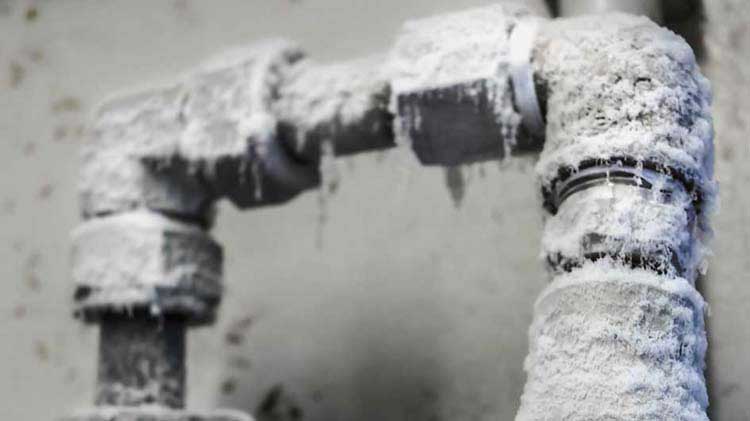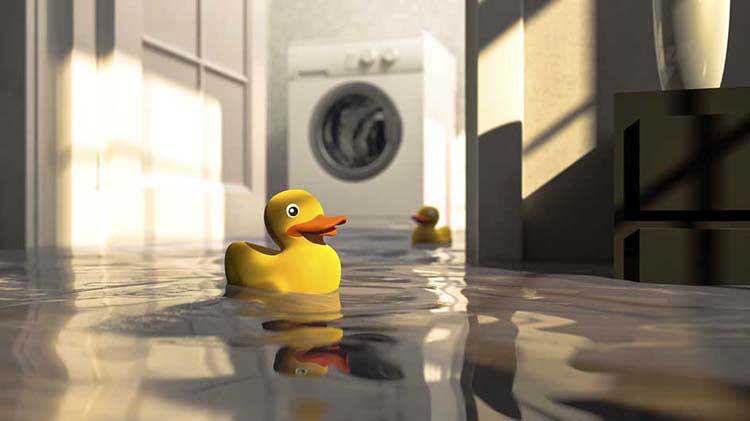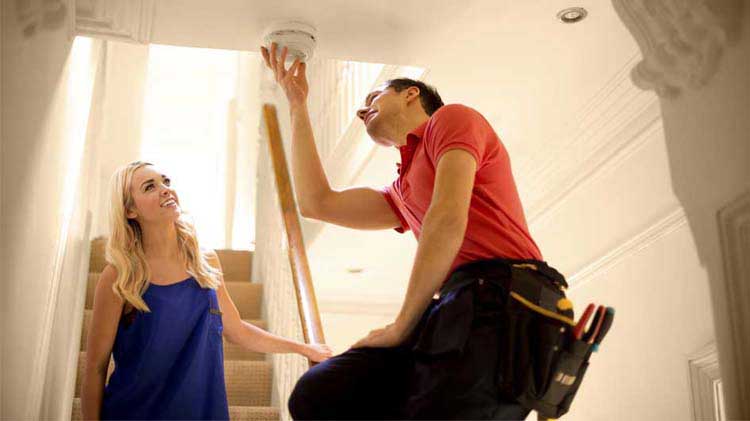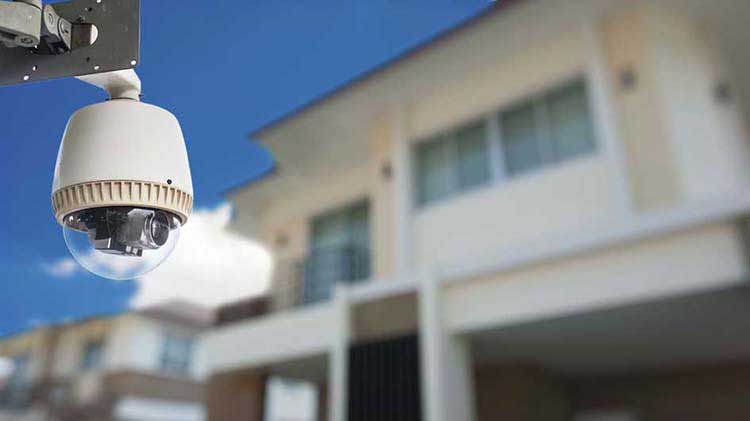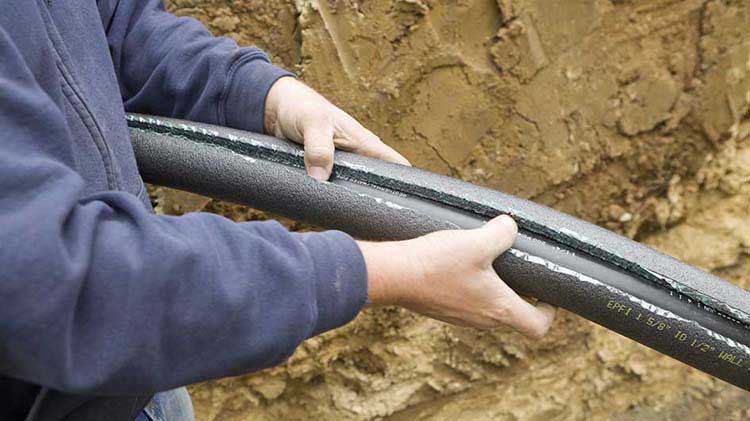Tips to deal with common home emergencies
You may not be able to predict when a home emergency will occur, but you can be more prepared with a home emergency plan.
Are you prepared for a home emergency?
Would you know what to do if you had a pipe burst due to freezing or a clogged sewer line?
Do you know how to recognize when someone might have ingested poison or what the symptoms of carbon monoxide or a gas leak are?
You may not be able to predict when a home emergency might occur, but you can be prepared. In this emergency management guide, we help identify five home emergencies and then how to respond if one of them happens.
Frozen or burst pipes
If water flow slows or stops, your home’s pipes could be frozen. This occurs in millions of homes in the U.S. each year.
- Open all faucets.
- Locate the frozen area(s).
- Use a hair dryer to heat the pipes until a steady flow of water returns.
If ignored, frozen pipes can burst, and in just one day, a 1/8-inch crack can release 250 gallons of water.
Here's what to do if pipes burst:
- Shut off the main water valve.
- Turn off electricity to the affected area.
- Call a plumber to fix or replace the pipes.
- Clean up excess water and dry thoroughly to prevent mold and mildew.
Backup of toilet or tub
When your toilets and tubs back up, it could be a sewer drain clog and a potentially nasty problem.
Wastewater contains multiple disease-causing bacteria, viruses and parasites that could spill into your home.
- Use stoppers to close drains in plumbing fixtures.
- Vacate affected areas.
- Call a plumber to clear the blockage.
- After you've fixed the problem, call a professional sewage cleanup service to sanitize your home. Most homeowners do not have the proper equipment to clean this kind of mess.
Accidental poisoning
When a family member is disoriented, vomiting and having trouble breathing it could be poisoning.
- In 2020, poison centers fielded over 2.1 million reports of poison exposure.
- Emergency rooms treat around 50k children in one year due to medication poisoning.
- On average, about 240 people die daily from unintentional poisoning.
Know what to do:
- If the victim is:
- Unconscious or not breathing: call 911.
- Awake and alert: Call the poison center at 1-800-222-1222.
- Remain calm and follow the operator's instructions.
- Have this information handy:
- Victim's age and weight
- Approximate time of poisoning
- Address of where it occurred
- Name of substance
- Symptoms
Gas leak
When you smell rotten eggs, that could be a sign of a gas leak.
- Get out of the house immediately. Don't attempt to locate the leak or turn appliances on or off.
- Call 911, then call your utility company.
Carbon monoxide detector goes off
If your carbon monoxide (CO) detector goes off, and/or you have a headache, chest pain and nausea you might have carbon monoxide poisoning.
- This kills more than 430 people in the U.S.
- Causes 50,000 emergency room visits.
CO cannot be seen or smelled, so know the common symptoms:
- Headache
- Dizziness
- Chest pain
- Fatigue
- Nausea
If your CO detector goes off or you exhibit symptoms:
- Get out of the house immediately.
- Call 911 or go to the emergency room.
Now that you have learned about some home emergencies and how to react to them, you might want to check out tips to prepare for weather emergencies.
